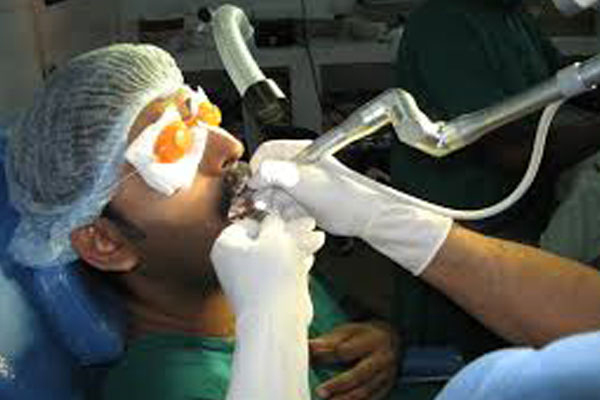
Voice laser surgery represents a breakthrough in medical technology, offering a precise and effective solution for various vocal cord disorders. This advanced procedure utilizes laser technology to target specific areas of the vocal cords, enabling surgeons to treat conditions such as nodules, polyps, and lesions with remarkable accuracy. In this article, we delve into the intricacies of voice laser surgery, exploring its benefits, procedure, and potential outcomes.
Vocal cord disorders can significantly impair an individual's ability to speak and communicate effectively. Conditions such as vocal cord nodules, polyps, and cysts often arise from vocal strain, misuse, or underlying medical issues. These abnormalities can cause hoarseness, breathiness, and discomfort during speech, impacting an individual's quality of life and professional performance.
Voice laser surgery offers a minimally invasive approach to treating vocal cord disorders, providing patients with a viable alternative to traditional surgical methods. By harnessing the power of laser technology, surgeons can precisely target and remove abnormal tissue from the vocal cords while preserving healthy surrounding tissue. This approach minimizes the risk of scarring and reduces recovery time, allowing patients to regain vocal clarity and function more rapidly.
Voice laser surgery is typically performed under general anesthesia to ensure patient comfort and safety. During the procedure, a specialized laryngoscope is used to visualize the vocal cords, providing the surgeon with a clear view of the affected area. A laser beam is then directed onto the abnormal tissue, precisely removing it without damaging nearby structures. The entire process is guided by advanced imaging technology, ensuring optimal accuracy and precision.
One of the key advantages of voice laser surgery is its ability to target specific areas of the vocal cords with unparalleled precision. Unlike traditional surgery, which may involve more extensive tissue removal, laser surgery allows for targeted treatment, minimizing trauma to healthy tissue and reducing the risk of postoperative complications. Additionally, the minimally invasive nature of the procedure translates to shorter recovery times and less discomfort for patients.
For many patients, voice laser surgery can lead to significant improvements in vocal quality and function. Following the procedure, individuals may experience reduced hoarseness, increased vocal strength, and improved overall comfort during speech. However, it's important to note that individual outcomes may vary depending on the severity of the underlying condition and other factors. Close follow-up care with a speech therapist may be recommended to optimize recovery and long-term vocal health.